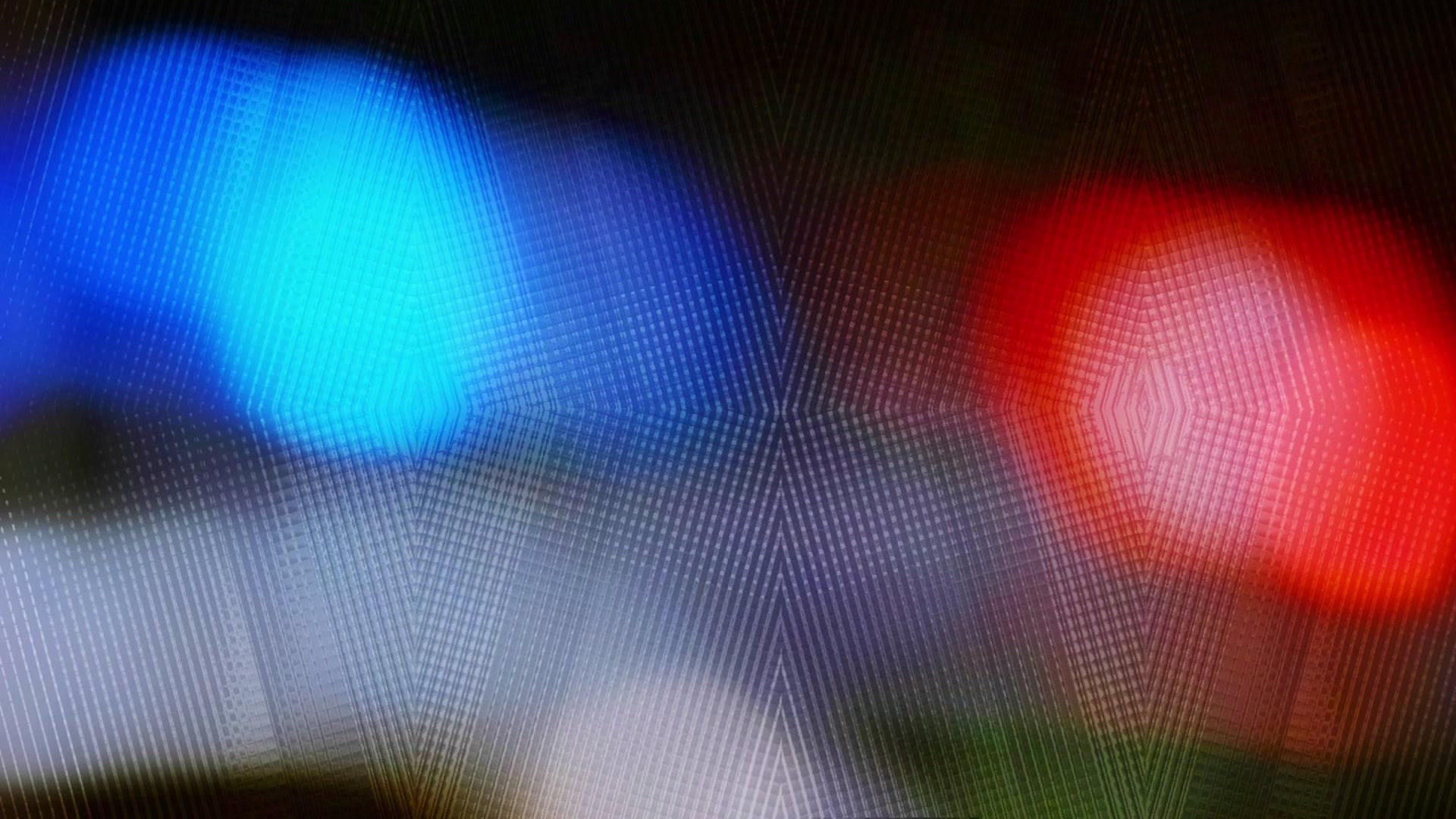Couples struggling to start a family face some tough choices.
The most common route is in-vitro fertilization, but there's another option gaining in popularity.
The booming industry of in-vitro fertilization leaves many families wondering what to do with the embryos that may be leftover.
Now more fertility clinics are offering couples the option to donate their embryos to another couple struggling to have a family.
"The reality is they had given birth to all of the children that they want to have and now they have embryos remaining and frozen in storage," said Kimberly Tyson, program director of Nightlight Christian Adoptions.
Turner estimates there are 700,000 frozen embryos in storage in the United States.
According to NBC News, the number of women using donated embryos nearly doubled between 2009 and 2013.
Local
The latest news from around North Texas.
"For the families who are adopting, it is a 'Aha' moment for them when they discover, 'Wow, I can actually give birth to my adopted child,'" said Turner.
Mike and Christy Trabun adopted seven embryos from a family in Oregon in 2009 after failing to conceive, but were looking for options other than in-vitro fertilization.
Christy Trabun heard about embryo adoption through a radio program and said as they learned more, they knew it was the right option for them.
"We tried to have kids for a few years and we were not successful and did not want to pursue fertility treatment," Christy Trabun said.
"It was not a hard decision. There was no agonizing on whether this was the way to go. It just kind of really seemed perfect," she added, of the adoption program.
Embryo adoption is about half as expensive of a traditional adoption.
Doctors implanted three of the Trabuns' adopted embryos into Christy Trabun's uterus.
"They put in three hoping to get pregnant with one. And that's exactly what happened. One took and Christy was pregnant," said Mike Trabun.
Nine months later, they welcomed a healthy baby boy.
Cade Trabun is now 5 years old.
"We weren't wrapped around 'Well, we had to create our own genetic line.' For us, we just want a family," said Mike Trabun.
The Trabuns got pregnant with a biological child and then transferred the remaining adopted embryos into Christy Trabun, who became pregnant with twins.
"I cannot imagine what life would be like without these two little perfect human beings sitting here in my arms," says Christy Trabun. "Embryo adoption changed our life."



